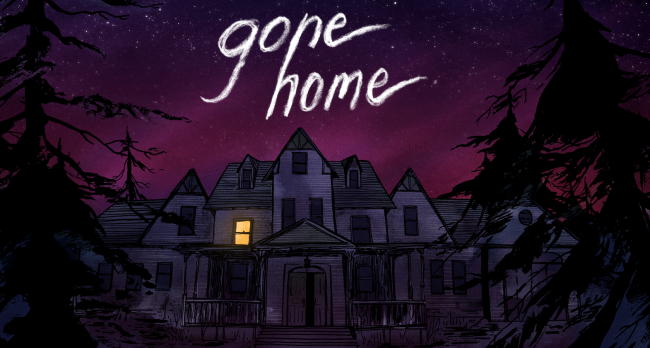A sci-fi thriller steeped in the history of language.
Words possess an unimaginable amount of power. Advertising, storytelling, teaching, debating; words don’t just allow us to communicate with each other, they open the possibility of putting a thought into someone else’s head. A means to inject some foreign piece of information or way of thinking that didn’t originate there. Max Barry extrapolates this concept in his sci-fi thriller Lexicon, released last summer, and builds a world where those who truly harness word’s power are able to effortlessly control the minds of their victims.
In Lexicon, a secret organization has discovered that every person on the planet belongs to a particular segment, a group of like-minded individuals who think and process information in the same way. Each segment of people is vulnerable to a unique set of what seem to be nonsense words–contrex helo siq rattrak for instance. Upon hearing the words specific to his segment, a person becomes servant to the speaker, following commands in a hypnotic state, unaware and unable to stop. These commands can range from happily handing over a car to unflinchingly committing suicide on the spot.
The organization has instituted a program to seek out and train children who may possess the ability to effectively command words, preparing them to eventually work for the organization. It’s Harry-Potter-meets-the-Matrix, with kids sharpening their skills in a private institute before participating in some grander conspiratorial scheme.
Lexicon follows the interweaving stories of Emily Ruff, a 16-year-old grifter making her way through the organization’s academy, and Wil Parke, a man who unknowingly possesses the unique ability to resist the influence of words. Emily’s story takes place years before the novel’s central event–the unleashing of an all-powerful “bareword” that is able to control any person who sees or hears it regardless of segment–while Wil’s story follows the events directly after, dealing specifically with the fact that he is the only person to have avoided the influence of the bareword, which left the population of an entire town decimated.
Barry uses the time-difference between his characters’ stories to effectively tell two mysteries at once. The character in focus alternates each chapter, from Wil’s survival of the bareword that left thousands dead and his run from the now-fractured organization that is hell-bent on discovering how he did it, to Emily’s rise to power as well as her discovery of that all-powerful bareword. The slow reveal of each character’s role is made doubly sweet as the mystery surrounding what happened when the word was unleashed and how it is eventually resolved play out near-simultaneously in the novel’s closing moments.
Still, the format isn’t without its flaws. Wil’s chapters are typically more action-driven; the first chapter alone features brain-probing, gunfights, car chases, and several murderous encounters. However, a sharp contrast follows immediately, with the slow and calculated origin story of Emily. For the first two-thirds of the novel, there is a jerking staccato rhythm between the breakneck pace of Wil’s story and the reserved, expositional role of Emily’s. I’d often finish a chapter of Wil’s late at night,ready for more, but would ultimately go to bed because I knew Emily’s chapter would likely lull me to sleep. I wouldn’t describe her sections as boring, just slower and predictably so. The contrast can be jarring.
While I generally applaud the decision to tell a tight, focused story over the recent trend to turn every novel into a drawn out trilogy, I couldn’t help feeling a little underwhelmed with what is revealed about the world around the characters of Emily and Wil. Sure, the mystery concerning the barewood and its events is engrossing, but what of the daily activities of the organization? They monitor people and pinpoint the segments they belong to, now made much easier through the willing surrender of information via sites like Facebook as well as data which is taken from cell phone and Internet use (somewhat prescient of Barry given the recent NSA scandal), but to what end? Newspaper articles and blog posts appear between chapters, hinting at conspiracy theories and cover-ups, but it isn’t ever really clear what they do. Bend governments to their own corrupted will? Stop people who would commit atrocious, large-scale crimes? Barry has created a vastly interesting premise but leaves so much hidden. This is a world I would have happily spent more time in.
What is present in Lexicon, though, is a secret love letter to English majors everywhere. The premise, of course, appeals to those who practice the written word–what writer doesn’t want to get into the heads of his readers?–but there are little nods to literature enthusiasts throughout. The agents of the organization, called Poets, each adopt a nickname based on the name of a famous author. Virginia Woolf, T.S. Eliot, Margaret Atwood, W.B. Yeats; I made a fun little game of racking my brain to figure out who each nickname alluded to as I read. There is also plenty of discussion about the origin of words and languages, specifically focusing on the destruction that tends to follow each time a universal language is found, most notably tied to the story of the Tower of Babel. The copious references are there to be devoured by literary fetishists.
Lexicon is gripping, creatively illustrating the power of words, both supernaturally and otherwise. Barry has delivered a bombardment of science fiction action laced with just enough language history and real-world conspiracy theory to suspend disbelief. While a natural fit for fans of thrillers, students of classical literature and writers in general may be won over by the endearing nods to the history of words.
